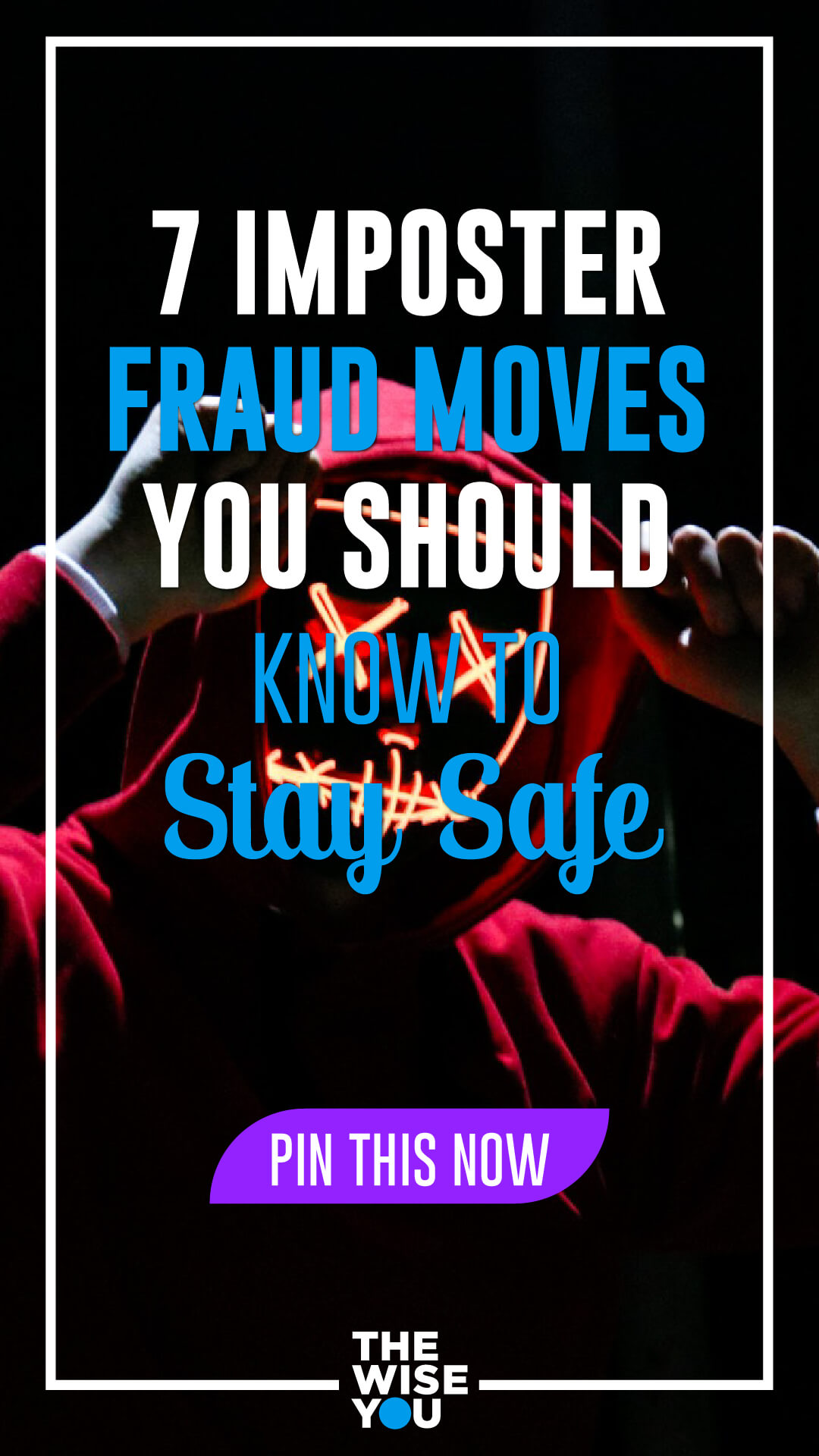Sometimes you get calls, short messages, and emails and the callers identify themselves as top government officials or mega organization’s customer support departments. Are they the ones they claim to be? Knowing how to detect common scams and fraud could help you and the people you love from falling into the imposter’s traps.
How do I Identify a Fraud?
Common scams and fraud by imposters usually come in many forms, some of which could seem so real to go undetected until a critical stage where the target has been conned. Scammers and fraudsters often pose in many forms including claims to be call-center representatives, computer technicians, officials from governmental offices and even grandkids. However, their goal is to lure and convince you to send them money.
Fortunately, this article is aimed at giving you all the necessary information you need to have to be able to identify such fraud and flag them off. First, let’s take a look at the common imposter scams you might come across.
Tech Support Scams
If you have a computer or any other electronic device, you may fall into the targets of imposters who may call you claiming to be computer technicians. Often, the fraudsters will identify themselves with big companies like Microsoft. Others may pose as representatives from your internet service provider and claim to have detected malware or virus on your computer.
The scammer will thereafter attempt to persuade the victim to grant them remote access to his or her computer. After the victim falls in the trap and grants them remote access, confidence tricks are used to lure the user into giving sensitive information like credit card numbers and passwords. Confidence tricks usually involve utilities that are built-in windows and other legit software. All this is done to gain the victim’s trust to pay for the services the scammer offered.
The fraudster will thereafter steal the victim’s credit card after persuading them to log in to an online banking platform to complete the transactions. Often, the frauds involve purchasing of expensive gift cards in a motive to diverge the credit card information into the scammer’s custody.
To avoid falling into such traps, whenever you get a suspicious call, hang up the call, don’t reply to the email or the SMS they send. Avoid giving remote access to your computer by all means. Also, share the information with a friend so they can offer their help where they can.
Internal Revenue Service (IRS) Imposter Scams
Other than Tech Support scams, you may get a call from someone who claims he is from IRS. They talk in a softly and say you owe taxes to the government. They then inflict fear in you by threatening to revoke your licenses, sue, or even deport (is you are a foreigner) you if you do not pay right away.
The imposter will tell you to top money to your prepaid card and give them the card numbers. All this is in the form of phishing which is aimed at obtaining your payment or sensitive information like usernames and password, which can be used to access your account and steal money.
You may also receive an email claiming that you owe money from an affordable Care or Academic Act. Often the emails contain links that once clicked, directs you to spoof websites requiring sensitive information from you. Some links could also download viruses and infect your computer.
The real IRS would not ask you to use prepaid cards to pay your taxes, they also would not ask for credit card information over the phone. When the IRS contacts you about unpaid taxes, they usually do it by mail and not by phone. To be safe, do not wire money on the prepaid cards you are informed to. Consult one of your friends who may have had an experience with the same.
Charity Scams
To take advantage of the public’s generosity, come scammers often set up fake organizations and ask for donations and membership fees.
They claim that all proceeds are directed to charity and to help the needy. Often, the individual or group involved in charity scamming makes material representations to make the public believe they are a charity or part of a charity. Once they note you sound interested and you follow their links they crown you a prospective donor and direct you to their donations page.
The scammers may not only request money for the faked-charities, but wiring money and gift cards are also other forms of payment they use to request for payments from targeted victims. Note that you should do adequate research on where your donation is destined. Do not be too good to be unsafe and become a victim of charity scams.
Before you show a kind heart by giving donations, search for relevant information about the charity you are donating to. When donating, do not give sensitive information that may be used against you.
Online Dating Scams
Love is good and everybody needs it. And in the act of browsing your desired website or social site, you may find someone claiming to be in love with you. As soon as you get to know each other more, he or she tells you to move out of the site to more confidential communication methods like email and phone calls.
The fraudsters use bogus profiles, often faked pictures and details. They use strong emotional appeals to quickly get the victims to trust thereafter exploiting your privacy. Many fraudsters claim they are in love with the target but they are far away because of businesses or military commitments.
Their aim is luring you to send them money claiming they will move to your place. This not only leaves the victim embarrassed but in financial distress too. However, note that the victims may not ask for money as fast as detectable.
Some build relationships with the victim and go to the extent of faking wedding plans before disappearing with the money. Before it turns to be an imposter or fraud case, meet your online loves in public and get to know about them. Also, read many articles on how to identify fraud imposter like this one before falling into love traps on the internet.
Grandkid Scams
Other than the discussed moves, imposters may try to use your closest people to lure you into sending money. You may get a call or text “Grandpa, I need money for medical bills” or money to settle some other kind of trouble. The caller thereafter tells you it’s urgent and you should keep it a secret. Is he your real grandson or daughter?
Scammers and fraudsters are good at pretending and impersonating people they are not. They may sometimes be convincing and persuasive with accurate information that they often get from social sites. Advanced fraudsters could also hack into accounts of your loved ones and press you to send money before you think about their hidden intentions.
For safety, personally reach out to your grandkid by their number or another family member and talk to them about the issue. Also, pass the information to a friend who may have experienced the same for advice.
Student Loan Scam
Another target for scammers and fraudsters is students seeking student loans. The scammers lure you with promises of waiving your student loan repayments. In this area, it is easy to identify an Identity fraud imposter. They may create phishing pages to lure you into entering your personal information and passwords.
The information you give is used later to access your financial accounts. Some may identify themselves as government officials when they are not. Refrain from giving your personal details and always visit approved, student loan providers.
Healthcare Scam
With everyone’s increased desire to have a medical insurance cover, scammers and fraudsters are on the prowl emailing and calling individuals promising medical care covers. The ill-fated fraudsters are after getting your personal and financial information and your money perhaps. Due to the new insurance marketplace, insurance seekers could find themselves in fraudster hands and end up being conned. Medicare fraud is done by spammers who use trickery to get victims’ information by purporting to give medical care.
Such scammers promise medical care discounts, some charge to provide you with medical care while others pose as agents of known healthcare providers. “I am from the government” some of the fraudsters will identify themselves, they are not.
The government will not call you and ask you for your social security numbers in order to give medical care. Whenever you meet suspicious healthcare providers, refrain from giving out your personal information and raise an alarm to the relevant authorities.
Report Scams When They Happen
As an internet user, you should expect to meet scammers and fraudsters on your call list and mail inboxes. Keep your private information safe to ensure you do not fall victim. Additionally, refrain from clicking links in unknown emails, some links could download malicious software, which may infect your computer. Over-dependence on agents to get services also increases your chances of being scammed. If you need a ticket for an event or a function, consider buying the tickets from approved vendors or directly from the agency.







